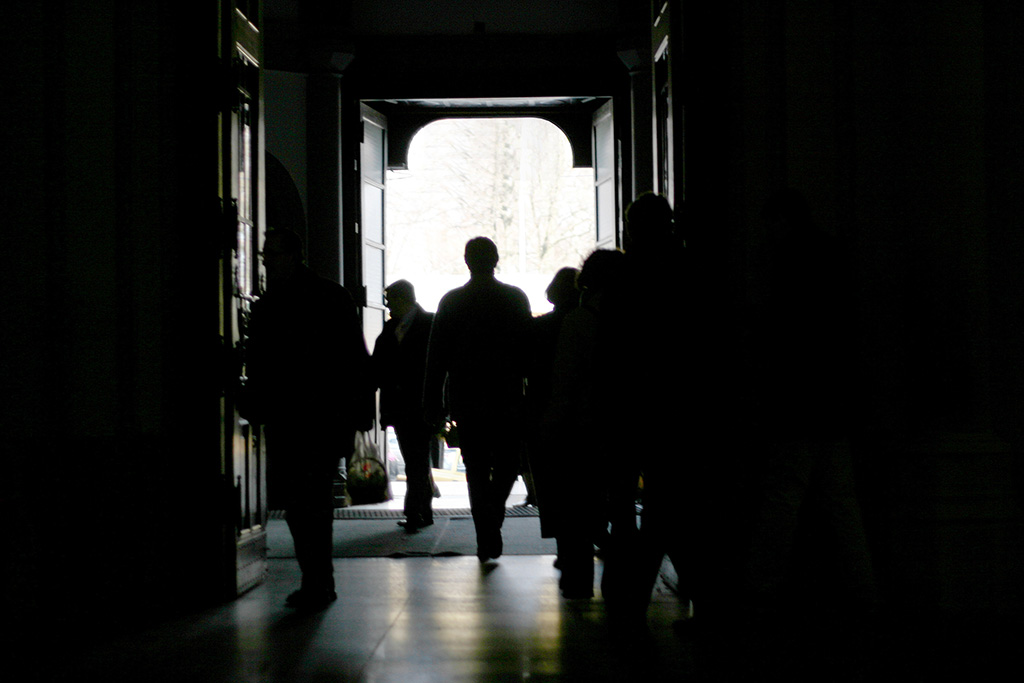Community certainly doesn’t mean what is used to mean. As our world becomes more globalized, communities that define themselves based on geographical, tribal or racial kinship will run the risk of falling prey to dangerous ideologies. As democracies lose momentum, these same communities may resort to authoritarian forces in the interest of “survival,” which means that racism, xenophobia and fear will ensue. To safeguard our democracies, we must build communities of shared values and principles across borders. This means that our kindred spirits may not be our neighbors but rather someone halfway across the world who shares our passion and our value system and with whom we can work on these common goals. We need to develop a sense of comradery based on what we believe in rather than what we have inherited by virtue of genetics, race, geography and whatever else.
I was born and raised in Iran and lived under the rule of theocracy. We thought—or rather were hoodwinked into thinking—that interim compromises, like forcing women under the hijab, would help keep the geographic community, the nation, unified at a time of crisis. We did not realize that “crisis” was what the regime invented to impose its will on the country. Soon, authoritarianism prevailed, and I, luckier than most, managed to flee. Countless others lost their lives in prisons and with executions. We failed because, in part, we had not been resolute about adhering to certain fundamental values.
What Is Community Today?
